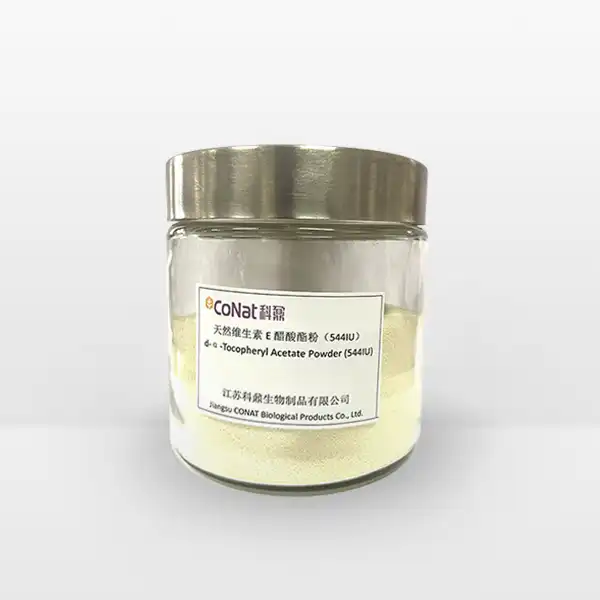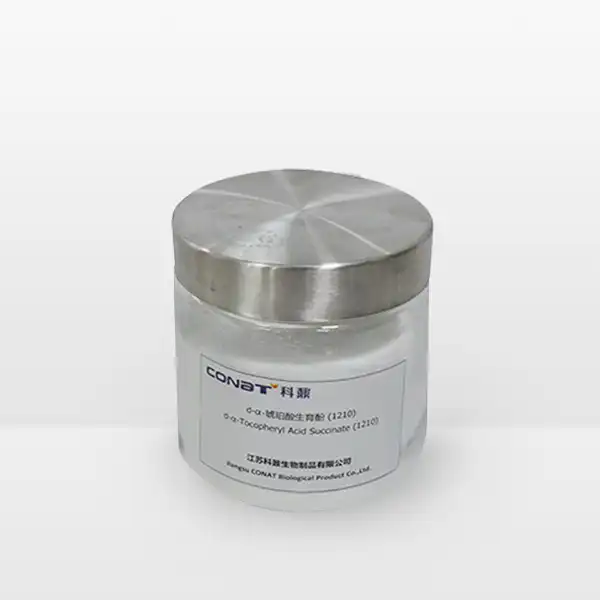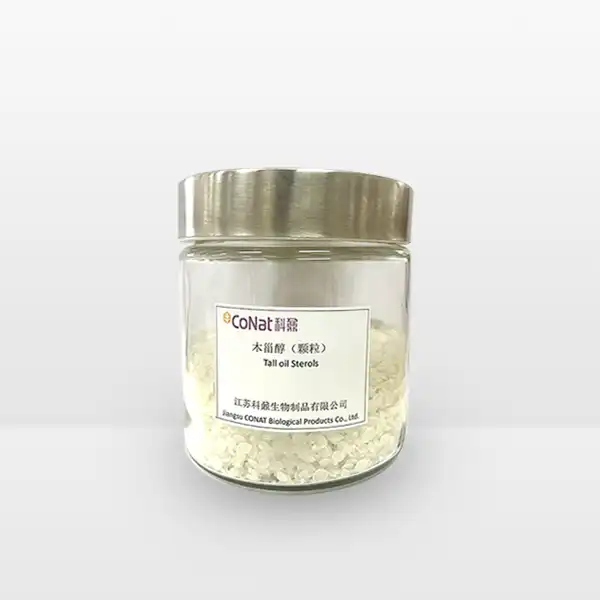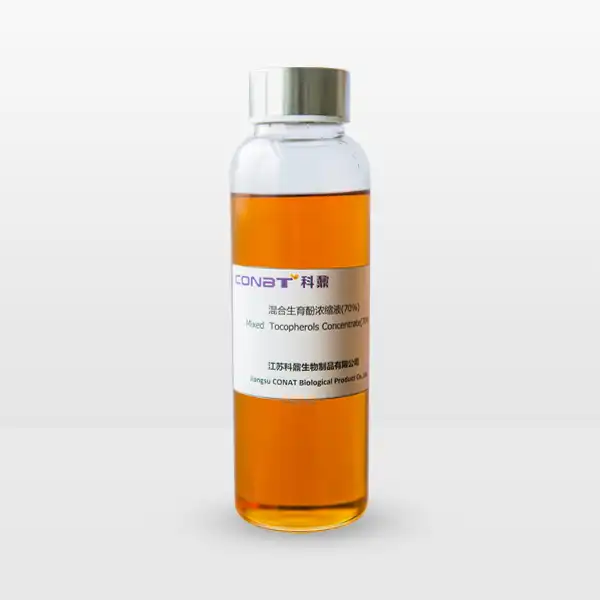- English
- French
- German
- Portuguese
- Spanish
- Russian
- Japanese
- Korean
- Arabic
- Greek
- German
- Turkish
- Italian
- Danish
- Romanian
- Indonesian
- Czech
- Afrikaans
- Swedish
- Polish
- Basque
- Catalan
- Esperanto
- Hindi
- Lao
- Albanian
- Amharic
- Armenian
- Azerbaijani
- Belarusian
- Bengali
- Bosnian
- Bulgarian
- Cebuano
- Chichewa
- Corsican
- Croatian
- Dutch
- Estonian
- Filipino
- Finnish
- Frisian
- Galician
- Georgian
- Gujarati
- Haitian
- Hausa
- Hawaiian
- Hebrew
- Hmong
- Hungarian
- Icelandic
- Igbo
- Javanese
- Kannada
- Kazakh
- Khmer
- Kurdish
- Kyrgyz
- Latin
- Latvian
- Lithuanian
- Luxembou..
- Macedonian
- Malagasy
- Malay
- Malayalam
- Maltese
- Maori
- Marathi
- Mongolian
- Burmese
- Nepali
- Norwegian
- Pashto
- Persian
- Punjabi
- Serbian
- Sesotho
- Sinhala
- Slovak
- Slovenian
- Somali
- Samoan
- Scots Gaelic
- Shona
- Sindhi
- Sundanese
- Swahili
- Tajik
- Tamil
- Telugu
- Thai
- Ukrainian
- Urdu
- Uzbek
- Vietnamese
- Welsh
- Xhosa
- Yiddish
- Yoruba
- Zulu
What are the Health Benefits of Soybean Sterol?
Soybean sterols, a fascinating group of plant-based compounds, have emerged as a powerful natural supplement with remarkable potential for human health. Derived from soybeans, these plant sterols have captured the attention of nutritionists, medical researchers, and health-conscious individuals worldwide. This comprehensive exploration delves into the multifaceted health benefits of soybean sterols, uncovering their significant role in promoting overall wellness, particularly in cardiovascular and metabolic health.
Can Soybean Sterols Really Lower Cholesterol Naturally?
Cholesterol management remains a critical concern for millions of people globally, and soybean sterols have emerged as a promising natural solution. These remarkable plant compounds possess a unique molecular structure that closely resembles cholesterol, allowing them to play a strategic role in cholesterol regulation. When consumed, soybean sterols compete with dietary cholesterol in the digestive system, effectively blocking its absorption and reducing overall cholesterol levels.
The mechanism behind soybean sterols' cholesterol-lowering properties is both elegant and scientifically robust. These plant sterols interfere with cholesterol absorption in the small intestine by disrupting the formation of mixed micelles, the primary pathway through which cholesterol enters the bloodstream. By physically preventing cholesterol absorption, soybean sterols can significantly reduce low-density lipoprotein (LDL) cholesterol levels, often referred to as "bad" cholesterol.
Multiple clinical studies have provided compelling evidence of soybean sterols' effectiveness. Research published in prestigious medical journals has consistently demonstrated that daily consumption of 2 grams of plant sterols can reduce LDL cholesterol by approximately 5-15%. This reduction is particularly significant for individuals struggling with high cholesterol levels or those at risk of cardiovascular diseases.
The American Heart Association and numerous international health organizations have acknowledged the potential of plant sterols in cholesterol management. They recommend incorporating sterol-rich foods or supplements as part of a comprehensive approach to maintaining healthy cholesterol levels. Unlike synthetic cholesterol-lowering medications, soybean sterols offer a natural alternative with minimal side effects.
Moreover, the cholesterol-lowering benefits of soybean sterols extend beyond mere numerical reduction. By helping to maintain healthier cholesterol profiles, these compounds contribute to overall cardiovascular health, potentially reducing the risk of atherosclerosis, stroke, and heart disease. The holistic approach of soybean sterols addresses cholesterol management through a natural, food-derived mechanism.
How Do Soybean Sterols Support Heart Health?
Heart health is a complex interplay of various physiological factors, and soybean sterols demonstrate remarkable potential in supporting cardiovascular wellness. Beyond their cholesterol-lowering capabilities, these plant compounds offer multiple mechanisms that contribute to optimal heart function and protection.
The cardiovascular benefits of soybean sterols extend far beyond cholesterol management. Emerging research suggests that these compounds possess potent anti-inflammatory properties, which play a crucial role in maintaining healthy blood vessels and preventing chronic inflammation associated with heart disease. Inflammation is increasingly recognized as a fundamental driver of cardiovascular complications, and soybean sterols provide a natural intervention strategy.
Oxidative stress represents another critical factor in heart health, and soybean sterols exhibit significant antioxidant capabilities. By neutralizing harmful free radicals and reducing oxidative damage to blood vessel walls, these compounds help maintain the structural integrity of the cardiovascular system. This protective mechanism prevents endothelial dysfunction, a precursor to many heart-related diseases.
Clinical studies have highlighted the comprehensive cardiovascular protection offered by soybean sterols. Research indicates that regular consumption may help improve endothelial function, enhance blood vessel elasticity, and support optimal blood flow. These benefits are particularly significant for individuals with existing cardiovascular risk factors or those seeking proactive heart health strategies.
The interaction between soybean sterols and other cardiovascular health markers is equally impressive. Studies have shown potential improvements in high-density lipoprotein (HDL) cholesterol levels, often referred to as "good" cholesterol. By supporting a more balanced lipid profile, soybean sterols contribute to a more robust and resilient cardiovascular system.
Furthermore, soybean sterols demonstrate potential in mitigating other cardiovascular risk factors. Their ability to modulate lipid metabolism extends beyond cholesterol, potentially influencing triglyceride levels and overall metabolic health. This comprehensive approach positions soybean sterols as a multifaceted natural intervention for heart health.
Are Soybean Sterols a Secret Weapon for Metabolic Wellness?
Metabolic wellness encompasses a broad spectrum of physiological processes, and soybean sterols are emerging as a powerful ally in maintaining optimal metabolic function. Their influence extends far beyond traditional nutritional supplements, offering a holistic approach to metabolic health management.
Insulin sensitivity represents a critical aspect of metabolic health, and preliminary research suggests that soybean sterols may play a significant role in glucose metabolism. By potentially improving insulin receptor function and reducing insulin resistance, these plant compounds could offer substantial benefits for individuals struggling with metabolic disorders or at risk of developing type 2 diabetes.
The relationship between soybean sterols and weight management is another fascinating area of exploration. Some studies indicate that these compounds might influence lipid metabolism, potentially supporting more efficient fat processing and energy utilization. While not a direct weight loss solution, soybean sterols could contribute to a more balanced metabolic environment conducive to healthy weight maintenance.
Inflammation plays a crucial role in metabolic dysfunction, and soybean sterols demonstrate promising anti-inflammatory properties. By modulating inflammatory responses and reducing systemic inflammation, these compounds may help prevent the progression of metabolic syndrome, a cluster of conditions that increase the risk of heart disease, stroke, and diabetes.
Emerging research also suggests potential neuroprotective benefits associated with soybean sterols. Their ability to reduce oxidative stress and inflammation might extend to brain health, potentially offering protection against age-related cognitive decline and neurodegenerative conditions. This broader perspective highlights the comprehensive wellness potential of these remarkable plant compounds.
Conclusion
Soybean sterols represent a remarkable natural intervention with extensive potential for supporting human health. From cholesterol management to cardiovascular protection and metabolic wellness, these plant-based compounds offer a multifaceted approach to preventive healthcare.
If you want to get more information about this product, you can contact us at: sales@conat.cn.
References
1. Nguyen TT. The cholesterol-lowering action of plant stanol esters. J Nutr. 1999;129(12):2109-2112.
2. AbuMweis SS, et al. Plant sterols and cholesterol-lowering effects. Nutr Rev. 2008;66(3):130-142.
3. Clifton PM, Marra CA. Plant sterols and plant stanols – comparison of efficacy. Mol Nutr Food Res. 2007;51(6):733-738.
4. Ostlund RE Jr. Phytosterols in human nutrition. Annu Rev Nutr. 2002;22:533-549.
5. Piironen V, et al. Plant sterols: biosynthesis, biological function and their importance to human nutrition. J Sci Food Agric. 2000;80(7):939-966.
6. Gylling H, et al. Plant sterols and plant stanols in the management of dyslipidaemia and prevention of cardiovascular disease. Atherosclerosis. 2014;232(2):346-360.
7. Racette SB, et al. Modulation of plasma lipid levels by dietary plant sterols. Curr Atheroscler Rep. 2004;6(6):466-472.
8. Brown AA, Hu FB. Dietary modulation of endothelial function: implications for cardiovascular disease. Am J Clin Nutr. 2001;73(4):673-686.
9. Ras RT, et al. LDL-cholesterol-lowering effect of plant sterols and sterols. Nutr Rev. 2014;72(2):507-524.
10. Berger A, et al. Role of plant sterols in human nutrition and health. Crit Rev Food Sci Nutr. 2004;44(6):461-471.
YOU MAY LIKE








